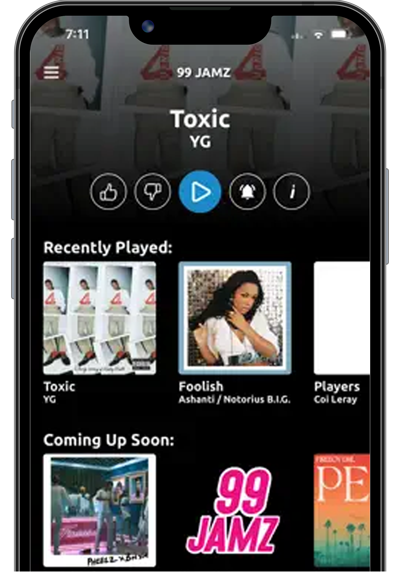TARRYTOWN, N.Y. — Regeneron Pharmaceuticals says its antibody cocktail reduced the risk of COVID-19 infection by nearly 82% over eight months in a clinical trial run by the company and the National Institute of Allergy and Infectious Diseases.
Announcing additional positive results from our clinical trial evaluating a single dose of our investigational antibody cocktail to prevent #COVID19 in uninfected people over an 8-month period.
— Regeneron (@Regeneron) November 8, 2021
In a Monday news release, the pharmaceutical company said a new analysis of results from the Phase 3 clinical trial found that a single dose of its REGEN-COV monoclonal antibody treatment reduced uninfected participants’ risk of contracting symptomatic COVID-19 by 81.6% from two to eight months after administration, up from 81.4% after one month.
According to the release, the study tracked 1,683 people ages 12 to 92 who were not infected with COVID-19 and did not have antibodies. Of those participants, about half received a 1,200-milligram dose of the antibody treatment, while the others received a placebo. During an eight-month assessment period, no hospitalizations were reported among participants who received the treatment, while six were reported in the placebo group, the company said, adding that no deaths occurred in either group.
>> Coronavirus: Pfizer says its antiviral pill is highly effective against COVID-19
Although the long-term results have not yet been published, an earlier analysis of the treatment’s efficacy one month after administration was published in the New England Journal of Medicine in September.
“Today’s new data demonstrate how a single dose of REGEN-COV can help protect people from COVID-19 for many months after administration,” Dr. Myron S. Cohen, leader of the monoclonal antibody efforts for the COVID Prevention Network and director of the Institute for Global Health and Infectious Diseases at the University of North Carolina at Chapel Hill, said in a statement. “These results demonstrate that REGEN-COV has the potential to provide long-lasting immunity from SARS-CoV-2 infection, a result particularly important to those who do not respond to COVID-19 vaccines including people who are immunocompromised.”
>> Coronavirus: What is monoclonal antibody treatment and who should get it?
Last year, the U.S. Food and Drug Administration approved the treatment for emergency use in COVID-19 patients with mild to moderate symptoms, according to Reuters. The agency later said the treatment could be used preventatively in patients who have been exposed or have a high risk of exposure to the virus.
“With infections still occurring despite widespread vaccination, the immunocompromised face an ongoing risk of encountering the virus during their daily lives,” Dr. George D. Yancopoulos, president and chief scientific officer at Regeneron, said in a statement. “We intend to rapidly share these additional data with regulatory authorities to help those in most need of protection from COVID-19.”
As of Sunday, the U.S. was averaging about 72,000 new coronavirus cases per day, a figure that has remained mostly flat over the past 14 days, according to The New York Times. About 67.4% of Americans have received at least one dose of a COVID-19 vaccine, according to the CDC.
More coronavirus pandemic coverage:
>> Coronavirus: How long between exposure to the virus and the start of symptoms?
>> How to not let coronavirus pandemic fatigue set in, battle back if it does
©2021 Cox Media Group




:quality(70)/cloudfront-us-east-1.images.arcpublishing.com/cmg/6KLOW47KTZADDDGV4BCWXD4VQA.png)
:quality(70)/cloudfront-us-east-1.images.arcpublishing.com/cmg/3CEDK6ZEAFGKHDXM4B2B5DDHNA.png)
:quality(70)/cloudfront-us-east-1.images.arcpublishing.com/cmg/MZSSWNL3GJHFRG2XSCAOCOKUTQ.jpg)
:quality(70)/cloudfront-us-east-1.images.arcpublishing.com/cmg/M3DWHTTH65FEXDZUPERIK7HAZQ.jpg)
:quality(70)/cloudfront-us-east-1.images.arcpublishing.com/cmg/B2RID664QRE5FDSX6R2TG34GAI.jpg)
:quality(70)/d1hfln2sfez66z.cloudfront.net/04-16-2024/t_f72d4919ea3e427ab1e9c1c4d19d9292_name_file_1920x1080_1200_v3_1_.jpg)
